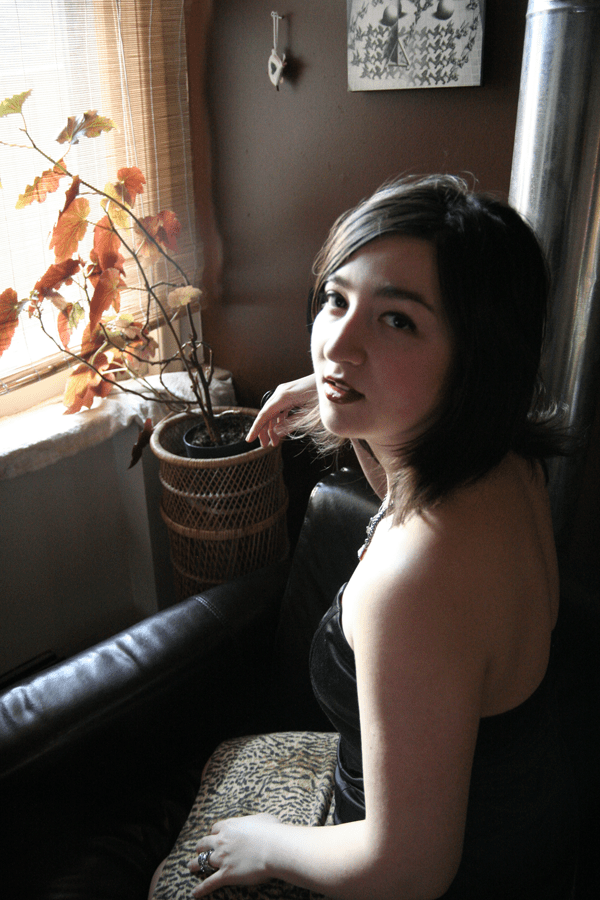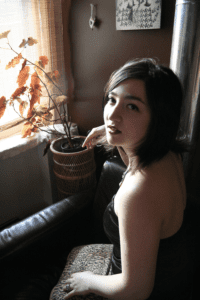Emerging Author of the Month: Anya Douglas

Diaspora Dialogues
April 16, 2013


Tell us about yourself.
I am a writer, musician and teacher, currently living in Toronto. I immigrated here in 1996 from Riga, Latvia.
Tell us about the piece you’ve decided to share.
I’m sharing three pieces (poems) from my collection Absences. This is my first full-length collection, and it deals with the ‘homelessness’ of a person trying to fuse together their dual backgrounds, as well as memory, language, writing process, family, and politics/experiences of where I am from.
When and why did you realize you had a passion for writing?
Honestly I can’t remember a time I wasn’t writing. I believe my first piece of writing was a ‘novel’ (up to 13 chapters) when I was 6-years-old about adventures of me and my best friend on a deserted island. I started writing poetry at age 11. After coming to Canada, I wrote poetry in both Russian and English. Also dabbled in playwriting, and translation. My collection is in English, and includes some of my translations of poetry from Russian to English. Writing has stayed with me throughout my life, and even if I have periods when I don’t write a line, I always come back to it.
What pieces of writing/authors have had the greatest impact on you?
In terms of poetry, I was influenced by Akhmatova and Tsvetaeva in my childhood. In adolescence it was Russian futurism, Khlebnikov and Mayakovsky, among others. English-language poetry, I am inspired by Anne Carson, Gwendolyn MacEwen, Eliot, Cohen, Pound, and many more, as well as some contemporary young poets, my friend Jacob Scheier in particular. Novelists, lyricists and artists are an influence and inspiration for writing poetry as well.
What kind of writer do you aspire to be?
It might sound not overly sophisticated, but I want my writing to make people feel. As a young adult, I was attracted to form and sound experimentation, but writers who stayed with me most were the ones who were able to make me feel, to affect with their subtlety, novelty, and even minimalism, their always powerful skill with words. I want to strive to be that kind of writer, and incorporate story-telling, as well as image-telling, subtlety and succinctness into my writing to evoke something in the reader, something that perhaps can’t be pinpointed right away.
How and when do you find time to write?
I know it’s about the discipline, but sometimes it is hard to find the time to write consistently. I write best when I have something to say, or am inspired by writing, people, or experience. I hope to hone the discipline, and be continuously inspired, and be vulnerable, in order to write well.
